Summary
In his lecture, Dr Bashar Awwad Marouf explains the concept of critical edition of texts as a discipline, aimed at the production of a text as left by the author, and of which he approved at the end of his life. He then explored the view that the aim of critical edition is the production of a correct text without the need for any commentary, only emendation. He then addressed the contrasting view that considers commentary as essential, and indeed, some workers went to the extreme by saying: [the editor must] comment on everything. Our lecturer explained the error of both views, and summed up with the correct intermediate way, where the editor compares and grades the text copies, records the key reading variants, highlights the resources used by the author, and documents the quotes from the respective sources. In this lecture, Dr Bashar also debated the view postulating that critical edition is exclusively when there are several copies to allow collation, which in his view is not correct. He highlighted those books that had been critically edited - based on one copy - by eminent scholars and editors, such as Shaykh Aḥmad Shākir and his brother, Maḥmūd Shākir, where no researcher has ever claimed that such works are not critical editions.
Furthermore, he explained in detail the difference between critical editing and commentary; critical editing being text emendation, and employing the means towards achieving that, while commentary describes how the editor may actually emend the text.



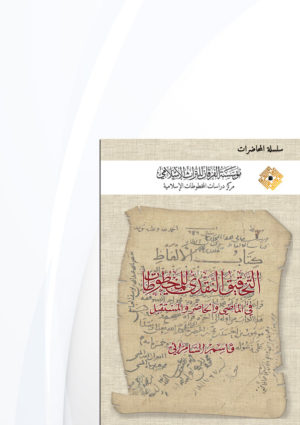
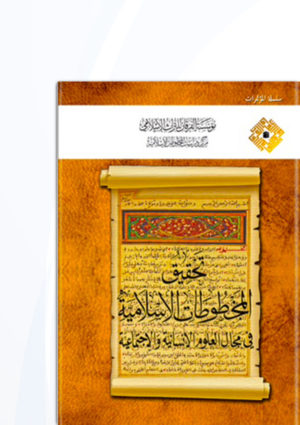
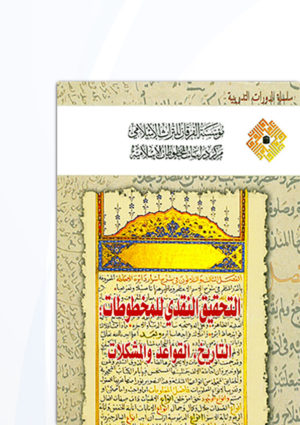
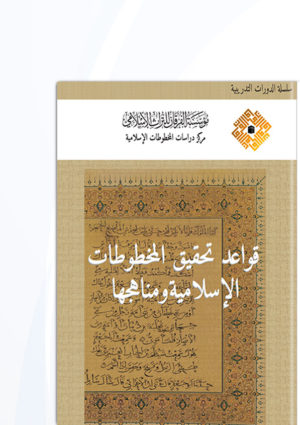
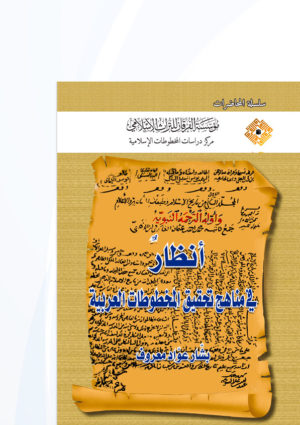
Reviews
There are no reviews yet.